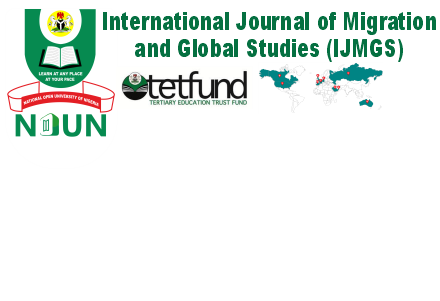Before the outbreak of COVID-19 pandemic, facilitators faced series of criticisms especially among their counterparts in the conventional universities in Nigeria. COVID-19 pandemic however, brought a change in perception of facilitators in the delivery mode of education to a wider range of people at a minimal cost. As a result of poor perception of people concerning Open Distance Learning (ODL), this study examined perceptions of facilitators on Blended Learning Techniques (BLT). The purpose of the study was to identify, examine and analyse the perceptions of facilitators on Blended Learning Techniques in National Open University of Nigeria. The population for the study was one hundred and fifty (150) facilitators. The sample for the study comprised 80 facilitators randomly selected using simple random technique. Two sub-scale questionnaires were used for data collection using online survey. The data were analysed using percentage, frequency table and simple statistical mean to find the average responses for the study. The results showed that the mean fell below 2.50 and as such were rejected. In addition, the results showed that facilitators had positive opinions about Blended Learning Techniques which have been incorporated in ODL system right from its inception. However, it was observed that there are challenges in the implementation of the system. Thus, it was recommended among others that, different models of blended learning techniques should be adopted to discharge very efficient ODL services to the learners. In addition, it was recommended that facilitators should be well-motivated and provided with stable power supply as well as Internet access in discharging their duties.
